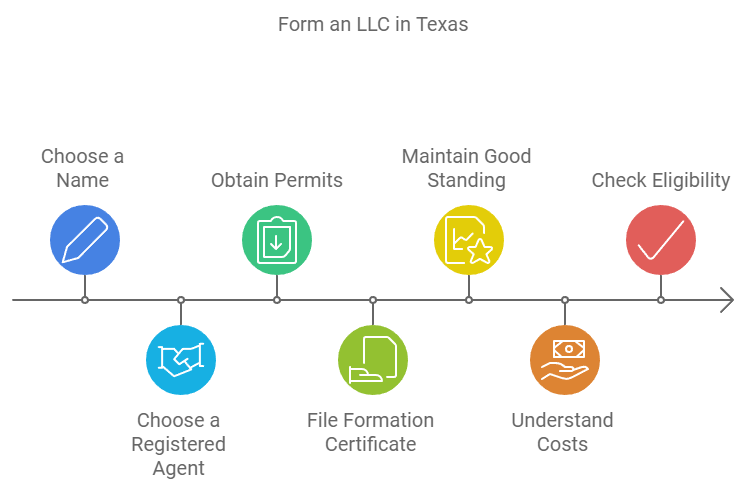When running a business, you wear a lot of hats—boss, mentor, sometimes even unofficial therapist. But one of the most important (and not-so-glamorous) hats you’ll wear? Compliance Officer—especially when it comes to payroll documentation like pay stubs.
Let’s be honest: no one gets excited about record-keeping. It’s the Brussels sprouts of business management. Yet, just like vegetables, it’s necessary for growth—and keeps your business from getting into legal trouble.
One major area where small mistakes can turn into big problems is pay stub storage. How long do you need to keep them? Who cares if they’re shoved in a box or backed up on an old laptop? (Spoiler: The government cares. A lot.)
In this blog, we’ll cover everything you need to know about how long you should store pay stubs, why it’s important, and how using tools like a free paystub generator software can make your life way easier.
Why Pay Stub Storage Matters More Than You Think
First things first: why should you care about storing pay stubs at all?
Well, if a current or former employee disputes their wages, if you’re audited by a labor department, or if tax authorities come knocking, pay stubs are the first pieces of evidence they’ll want to see.
Having pay stubs on hand protects your business from lawsuits, fines, and serious headaches. Plus, it shows professionalism—something that employees, investors, and even future buyers of your company will respect.
How Long Should You Keep Employee Pay Stubs?
This is where things get a little tricky because the storage duration depends on several factors, including federal laws, state laws, and the type of employee records involved.
Here’s the general rule of thumb:
-
Federal Law (FLSA – Fair Labor Standards Act): Employers must keep payroll records for at least three years. This includes pay rates, hours worked, overtime, and pay stubs.
-
IRS Requirements: For tax purposes, businesses should keep employment tax records—including pay stubs—for at least four years after the tax becomes due or is paid.
-
State Laws: Some states have stricter requirements. For example:
-
California: Keep wage records for three years.
-
New York: Maintain payroll records for six years.
-
Illinois: Hold onto them for at least five years.
-
Moral of the story?
If you want to play it safe, keeping employee pay stubs for at least six years is a smart move.
Electronic vs. Paper Storage: Does It Matter?
Short answer: Not really, but there are best practices.
Many businesses are shifting to electronic pay stub storage (cue applause). It’s more secure, easier to search, and you don’t need to dedicate half your office space to giant metal file cabinets from 1995.
If you use a pay stubs maker free tool, you can easily create and download digital pay stubs. Just make sure they’re stored securely, backed up regularly, and accessible if needed for audits or employee requests.
Pro tip:
Encrypt files or use password-protected storage to add an extra layer of security—because you don’t want sensitive payroll info floating around unsecured.
What Information Should Be On a Pay Stub?
Whether you’re creating pay stubs manually or using a free paystub generator, you need to ensure certain pieces of information are included. A good pay stub typically shows:
-
Employee’s name and address
-
Employer’s name and address
-
Pay period dates
-
Hours worked (regular and overtime)
-
Gross wages
-
Deductions (taxes, insurance, retirement contributions, etc.)
-
Net wages (the final amount after deductions)
-
Year-to-date totals
This level of detail keeps everyone happy—employees understand their pay, and you have proof of compliance.
What Happens If You Don’t Keep Pay Stubs Long Enough?
If you love fines, lawsuits, and government audits, feel free to toss your records early.
(Just kidding—please don’t.)
Failing to maintain proper records can result in:
-
Heavy fines from labor departments
-
IRS penalties
-
Court judgments in favor of employees in wage disputes
-
Damage to your company’s reputation
In short: the stakes are high. Good record-keeping is a lot cheaper than paying legal fees.
Best Practices for Pay Stub Storage
Alright, you get it—storage is important. But what’s the best way to handle it without losing your sanity? Here’s a quick playbook:
-
Go Digital: Use a pay stubs maker free tool to create electronic copies.
-
Backup Regularly: Cloud services are your friend.
-
Keep Organized: Set up folders by year and employee.
-
Secure Data: Encrypt sensitive information.
-
Create a Retention Policy: Spell out exactly how long you’ll keep records—and stick to it.
-
Stay Updated on Laws: Employment laws can change; keep an ear to the ground.
How Free Paystub Generators Make Compliance Easier
Let’s face it—manually creating pay stubs is about as exciting as watching paint dry.
Using a free paystub generator saves time, reduces errors, and ensures that all the important legal details are included automatically. Many tools even let you store copies safely online, making retrieval as easy as a few clicks.
Some key perks include:
-
Customization: Add your company’s logo, choose pay periods, etc.
-
Accuracy: Auto-calculations reduce human error.
-
Convenience: Instant download options.
-
Cost Savings: Spoiler alert—free is cheaper than paid software.
When you combine smart tools with smart policies, you create a business that’s not just legally compliant but efficient and stress-free too.
Conclusion: Stay Ahead, Stay Safe
In today’s fast-paced world, businesses that stay proactive about legal compliance tend to outlast the ones who wait for trouble to find them.
Keeping employee pay stubs for the right duration is a small but critical part of that puzzle.
Using smart tools like a pay stubs maker free software solution can take a load off your shoulders—and free you up to focus on what you do best: growing your business, supporting your team, and maybe even taking a vacation someday.
Remember: Good record-keeping isn’t about being paranoid—it’s about being prepared. And in business, being prepared is half the battle.









